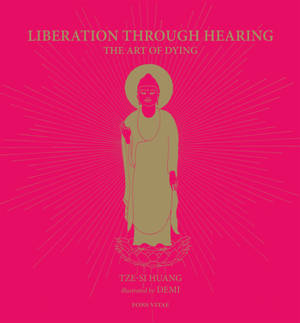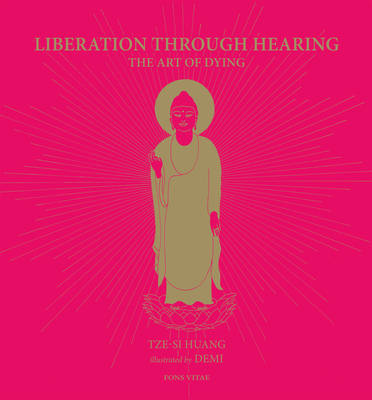
- Afhalen na 1 uur in een winkel met voorraad
- Gratis thuislevering in België vanaf € 30
- Ruim aanbod met 7 miljoen producten
- Afhalen na 1 uur in een winkel met voorraad
- Gratis thuislevering in België vanaf € 30
- Ruim aanbod met 7 miljoen producten
Zoeken
Omschrijving
Liberation through Hearing, or more fully, The Great Liberation through Hearing in the Intermediate States (bar-do thos-grol chen-mo), has become widely known by its descriptive nickname used in the West, The Tibetan Book of the Dead. These secret teachings are attributed to the 8th century Indian Buddhist Master Padma Sambhava, also known as Guru Rinpoche, and are thought to have then been hidden in Tibet. Such a text is regarded as a "treasure" or terma (gter ma) text to be rediscovered later, as this one was by Karma Lingpa in the 14th century. A number of legends have grown around Padma Sambhava's life and deeds, and he is widely venerated as a 'second Buddha' across Tibet, Nepal, Bhutan, and the Himalayan states of India. The Nyingma School considers Padma Sambhava to be a founder of their tradition.
Specificaties
Betrokkenen
- Auteur(s):
- Illustrator(s):
- Vertaler(s):
- Uitgeverij:
Inhoud
- Aantal bladzijden:
- 112
- Taal:
- Engels
Eigenschappen
- Productcode (EAN):
- 9781941610084
- Verschijningsdatum:
- 1/07/2018
- Uitvoering:
- Paperback
- Formaat:
- Trade paperback (VS)
- Afmetingen:
- 216 mm x 213 mm
- Gewicht:
- 317 g

Alleen bij Standaard Boekhandel
+ 69 punten op je klantenkaart van Standaard Boekhandel
Beoordelingen
We publiceren alleen reviews die voldoen aan de voorwaarden voor reviews. Bekijk onze voorwaarden voor reviews.








